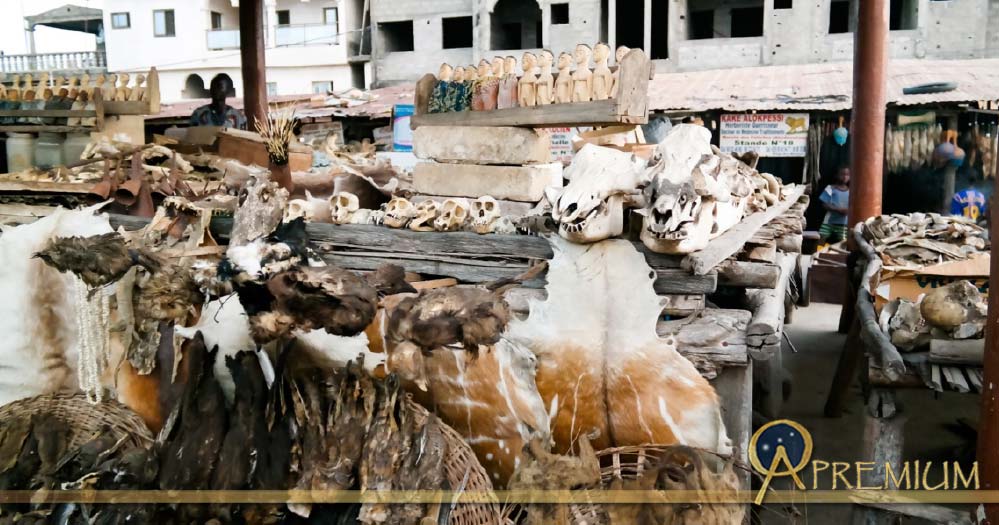From South to North, Africa is the Continent of Ancient Magic
The word ‘magic’ makes us think of sleight of hand, tricks and illusion, but historically African magic was a way to achieve goals by harnessing the creative powers of nature, which were regarded and revered as supernatural entities. The concept of magic in Africa is ancient and has a 70,000-year old legacy.

“I can see” open mind to African Magic. (Fotolia)
Skeptics Cannot See with an Open Mind
The reigning paradigm causes modern minds to grapple with the concept of equating magical solutions with scientific facts, but it would be far from the truth to think of the old ways as a miss-understanding of nature made by primitive thinkers. Rather than describing the principles that organize and animate the material universe as quarks and electrons, animism simply refers to such elements as ‘supernatural powers’ and ‘energies’. To actively learn about systems of ancient magic, is not to automatically declare a belief in supernatural agencies, but to embark on a quest for a richer understanding of how our ancestors saw the world and their place in it.
Overview of African Magic
Today the word magic is used all over the world in its widest sense, but in Africa it was customary to discern the difference between magic and the disciplines of medicine, divination, witchcraft and sorcery, which were not all placed under the collective umbrella of magic. It is very difficult to define the word magic as it was perceived differently in every region, but in 1937 esoteric scholar E.K. Bongmba said: “Witchcraft, oracles, and magic among the Azande is responsible for a reduction in appreciation of the value of magic as a definite subject of study.”

Sangoma and Inyanga, Baba Sylvester prepares and dries out freshly gathered muti’s for use in traditional medicines. Medical work was not regarded as magic. (Public Domain).
The book Methodology and African Prehistory (1990) provides an insight into the psychological aspects of magic: “the word magic might simply be understood as denoting management of forces, which, as an activity, is not weighted morally and is accordingly a neutral activity from the start of a magical practice, but by the will of the magician, is thought to become and to have an outcome which represents either good or bad”.
These academic approaches are valuable objective insights as to how magic might be compartmentalized and summarized from the outside by observers.
Like this Preview and want to read on? You can! JOIN US THERE ( with easy, instant access ) and see what you’re missing!! All Premium articles are available in full, with immediate access.
For the price of a cup of coffee, you get this and all the other great benefits at Ancient Origins Premium. And - each time you support AO Premium, you support independent thought and writing.
Ashley Cowie is a Scottish historian, author and documentary filmmaker presenting original perspectives on historical problems, in accessible and exciting ways. His books, articles and television shows explore lost cultures and kingdoms, ancient crafts and artifacts, symbols and architecture, myths and legends telling thought-provoking stories which together offer insights into our shared social history. www.ashleycowie.com.
Top Image: Market in Ouidah, in Benin, selling ingredients for African magic. (Fotolia)
By Ashley Cowie



















